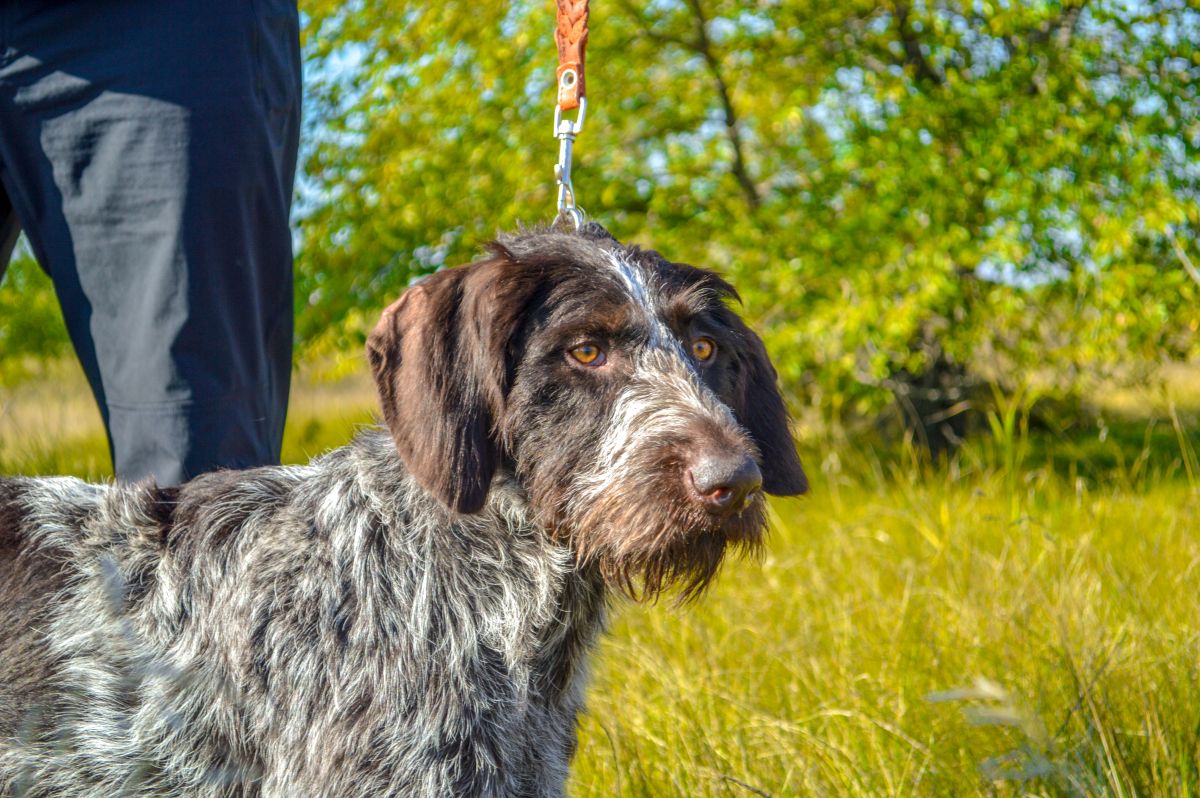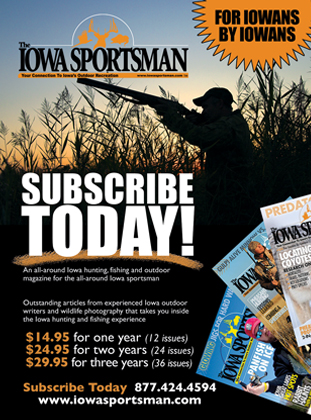What’s in a Hunt Test?

What’s in a Hunt Test?
As bird hunters there is so much we enjoy about our experiences in the field. Shooting your limit of birds, enjoying time with family and friends, or simply taking in the outdoors are all part of those great experiences. I am going to be honest; I have reached a point where pulling the trigger in the field is no longer the highlight for me anymore. Certainly I enjoy shooting my limit of birds, and spending time with friends and family, as well as the outdoors, but truth be told I could enter the field without a shotgun most of the time now.
How is that possible? — Hunting dogs. I absolutely love to watch dogs in the field, whether I am hunting waterfowl or hunting in the uplands. Any one of you who own a hunting dog, or have hunted with a dog knows exactly what I am talking about.
My next question to you then, is do you attend or participate in hunt tests? If you answer is yes, excellent. You already know that you can observe great dog work, and work your dog in hunting situations more than just during the hunting season. If your answer is no, hopefully this article will open you up to the experience!
What is a hunt test?
A hunt test is an event in which hunting situations are set up to evaluate a dog’s hunting ability. The key element to remember is that the dog is being evaluated against a written standard and NOT against other dogs participating in the test. Hunt tests help ensure that we are training the sporting breeds to do what they were bred to do, and therefore are continuing to “better the breed” by continuing tradition, and breeding dogs that continue to perform in the field. Dogs that comply with the written standards earn a “pass” towards a title in the respective organization they are participating in.
There are several different kinds of hunt tests in terms of rules and standards, as well as what breeds can run certain tests. The AKC (American Kennel Club), UKC (United Kennel Club), NAHRA (North American Hunting Retriever Association), UGA (Upland Gundog Association), APLA (American Pointing Lab Association), and NAVHDA (North American Versatile Hunting Dog Association) are the predominant hunt test organizations in the United States.
I encourage you to visit their respective websites and read about each of their test formats and overall structure. The UGA, for example, runs all upland-based hunt tests for pointers, flushers, and retrievers with two levels of tests offered (Upland Gundog Title – UG, and Upland Gundog Advanced – UGA).
The AKC however, offers upland hunt tests for pointing breeds but more waterfowl-based tests for retrievers and spaniels, where dogs are required to mark retrieves, run blind retrieves, and work through distractions in the hunt test (depending what level test is being run). The AKC offers titles in three levels (Junior Hunter – JH, Senior Hunter – SH, and Master Hunter – MH). These are just a few examples of the many organizations in the list above. Again, it is beneficial to visit each organization’s website and research the different tests offered. You will find that each organization offers something suitable for you and your dog, with some similarities and their distinct differences. I encourage you to participate in as many of them as possible!
Who participates in hunt tests?
When I attend hunt tests (and I attend several, all different organizations) I meet all kinds of people. Some are kennel owners, some are breeders, some are trainers, and some are enthusiasts that own anywhere from one to several dogs. It is my hope that more of you will attend these events, even if it is just to observe great dog work and learn more about the sport of hunt testing. Everyone has his or her own goals and reasons for attending. Hunt test titles help breeders and trainers maintain a high level of performance in their dog’s credentials and pedigrees (not all hunt test titles show up on pedigrees).
No different than a racehorse, dogs with titles potentially can draw more money for puppies and future breedings, while also serving as a measure to “better the breed” and ensure that only high-level performing dogs in the field are being bred. Trainers that title more dogs can potentially increase their business by being a more attractive option for customers seeking professional training for their dog(s) as well.
Make no mistake, there are several hunt test attendees and participants that have no professional interest whatsoever! Many hunt testers are simply dog owners that love to handle their dogs in hunting situations, and enjoy watching good dog work. I would personally like to see more of this. After all, these tests were originally for hunting dogs! If you own a hunting dog and want to be around fellow enthusiasts and hunters, these events are a great place to be.
What are the benefits?
Hunt tests provide a great environment to enjoy time with our dogs, our friends and family, and fellow hobbyists (bird hunters, dog owners, etc). We all know that feeling I mentioned in the beginning of this article; the joy of seeing a great dog in the field, and that alone is the ultimate benefit of being at, or participating in a hunt test.
Another great benefit is the fact that hunt tests give us a great way to design and implement a training plan for our dogs (in and out of season). They help ensure that we are working with our dogs enough to pass a hunt test, which in turn will pay off for the real hunting season. There is no substitute for getting our dogs in the field, and in real hunting situations when it comes to preparation for the season and overall training!
Most of all, I have met some fantastic people that all share the same enthusiasm for bird hunting (upland and waterfowl alike), along with the outdoors, hunting dogs, and many other things. I have learned so much just by meeting folks at these events, whether it be about how to train dogs, tips for the field, care for my dogs, etc. Fellowship is the main benefit, in my opinion, of hunt test events and I can guarantee you that by attending you will meet potential lifelong acquaintances and friends, along with elevate your skills both in the field and as a dog owner.
All in all, hunt tests are a great way to better yourself as a dog owner, dog trainer, and hunter. They are also just good old fashion fun for you, the family, and friends. What I find interesting about hunt tests is how wide of an audience they really can accommodate, from professional trainers and kennel owners, to a single dog owner who runs hunt tests as a hobby and hunts a few times a year. I cannot stress enough how important this sport is to the dog world, and hunting.
By participating in hunt tests, and learning more about the importance of good genetics and breeders by seeing what these dogs are capable of in the field, it can really help us eliminate poor quality breeders, give more business to the great breeders, and have a much higher percentage of talented dogs in the field for all of us to hunt over and enjoy. I promise you will have a rewarding experience by involving yourself in hunt tests.
August 2022
By Ryan J. Eder
For Leading News in the Dairy and Cattle Industry Check out the Links below:


